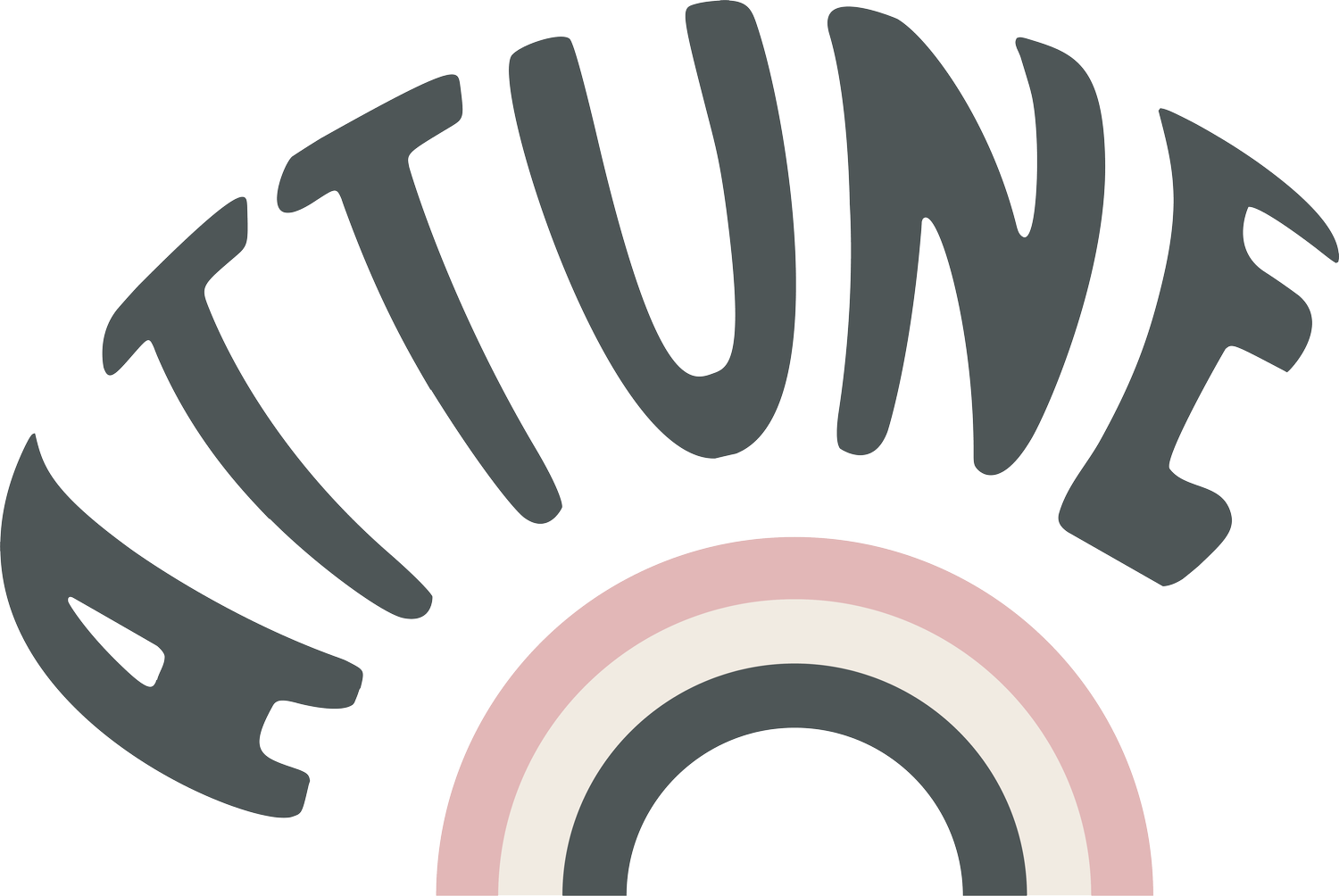The Transformative Power of Art: Podcast with Anna Mankee Williams
In a detailed podcast interview released today, Anna Mankee Williams, the co-investigator of the UKRI funded ATTUNE project of Falmouth University and Oxford university, she discusses the profound influence of art, unraveling its transformative power on young minds grappling with mental health challenges.
Based in Falmouth University's Air Building, Anna shared unique and compelling insights derived from the project's innovative use of art-based practices during an interview held at Falmouth University’s research and innovation centre. The ATTUNE project transcends traditional research approaches, revealing layers of understanding that hold significant importance in navigating the intricate terrain of mental health in young individuals.
One key finding that Anna highlighted in the interview is the importance of repeated invalidation as an Adverse Childhood Experience (ACE). She emphasizes that the reaction of others to young individuals far outweighs other experiences they may be undergoing. This recognition adds a nuanced dimension to the understanding of mental health challenges in young people.
Anna also shared poignant examples of young participants experiencing transformative journeys through art-based activities. She recounted the powerful story of LGBTQIA participants engaging in dance, overcoming social and emotional trauma, body dysmorphia, and confidence issues. She said that through dance, they discovered the strength and beauty of their bodies, leading to a profound sense of empowerment and confidence.
The integration of art and creativity as tools for empowering young people to take control of their mental health is a central theme of Attune project. She stressed that engaging in creativity allows the mind to be set free, leading to deep experiences that, when acknowledged, can be powerful and empowering. She said that Calmness, curiosity, collaboration, and the exchange of giving and receiving are crucial aspects of this process.
Looking ahead, Anna views art-based activity becoming an integral component of diagnosis, potentially forming part of a diagnostic toolkit alongside therapeutic interventions, the core idea Attune project is investigating. She believes that this forward-thinking perspective could significantly influence the future of mental health care for young individuals.
During the podcast, she also addressed challenges encountered in applying art-based practices to mental health understanding. She said that there were issues of hesitance and self-limitation among young participants. She shared insights into navigating these challenges and ensuring the inclusivity of art-based approaches.
‘The ATTUNE project has successfully raised a sense of community and support among young participants,’ she said adding that the relationships formed through art, providing a unique platform for connecting in ways that traditional methods may fall short.
In closing, Anna offered a simple yet powerful piece of advice to educators, parents, and mental health professionals: "Do it!" Incorporating art-based strategies in working with young people who have experienced difficult childhood experiences can be a game-changer, according to the Attune co-investigator.
As the ATTUNE project stands at a crossroads, Anna expressed hope for taking the right road, marking an exciting phase in the project's evolution and the broader field of research utilizing art in the context of young people's mental health.
